is a category containing a number of products with different amounts of vitamin C (ascorbic acid). It belongs to the water-soluble vitamins that perform their function in the human body. If one takes more of this vitamin than is needed, their body will cope with it and excrete the excess amount. The disadvantage of this vitamin is that the human body cannot store it in large quantities, so it needs to be supplemented regularly.
In addition to concentrated supplements, paprika or citrus fruits are a great source of this vitamin. The lack of this vitamin was typical, for example, in the 15th century for sailors who had a monotonous, mostly meat-based diet. Today, one is no longer in danger of its deficiency as we can effectively supplement this vitamin with food or supplements in the form of tablets, capsules, effervescent tablets, candies, drops, sprays or oils. So far, liposomal vitamins are the best absorbable form.
Typical representatives of supplements from this category are:
Vitamin C has an effect on immunity, nervous system and psyche. In addition, it also participates in protecting cells from oxidative stress and reducing fatigue. Furthermore, it is also needed for the proper absorption of iron and the formation of collagen (the main protein that forms connective tissues). This is important, for example, for the skin or the proper function of teeth, bones, cartilage and blood vessels.
Reference daily intake in accordance with the methodologies of the European Food Safety Authority (hereinafter referred to as EFSA) and the reference values of the Society for Nutrition of German-Speaking Countries (hereinafter referred to as DACH) for an average adult.
You can find more interesting facts about vitamin C in the separate article Vitamin C: Everything You Need to Know About It Before It's Too Late.
If you want to find out more information about other vitamins, their categorization, functions, recommended values and manifestations of deficiency and excess, you should not miss our article The Complete Guide to Vitamins: What They’re For, How to Know When You’re Deficient and How Much to Take?
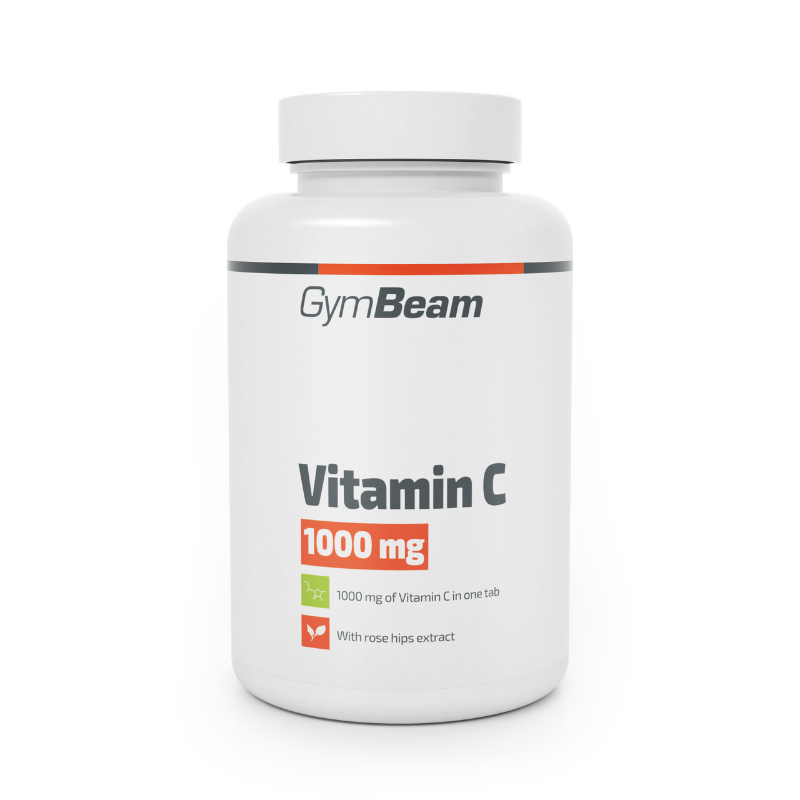


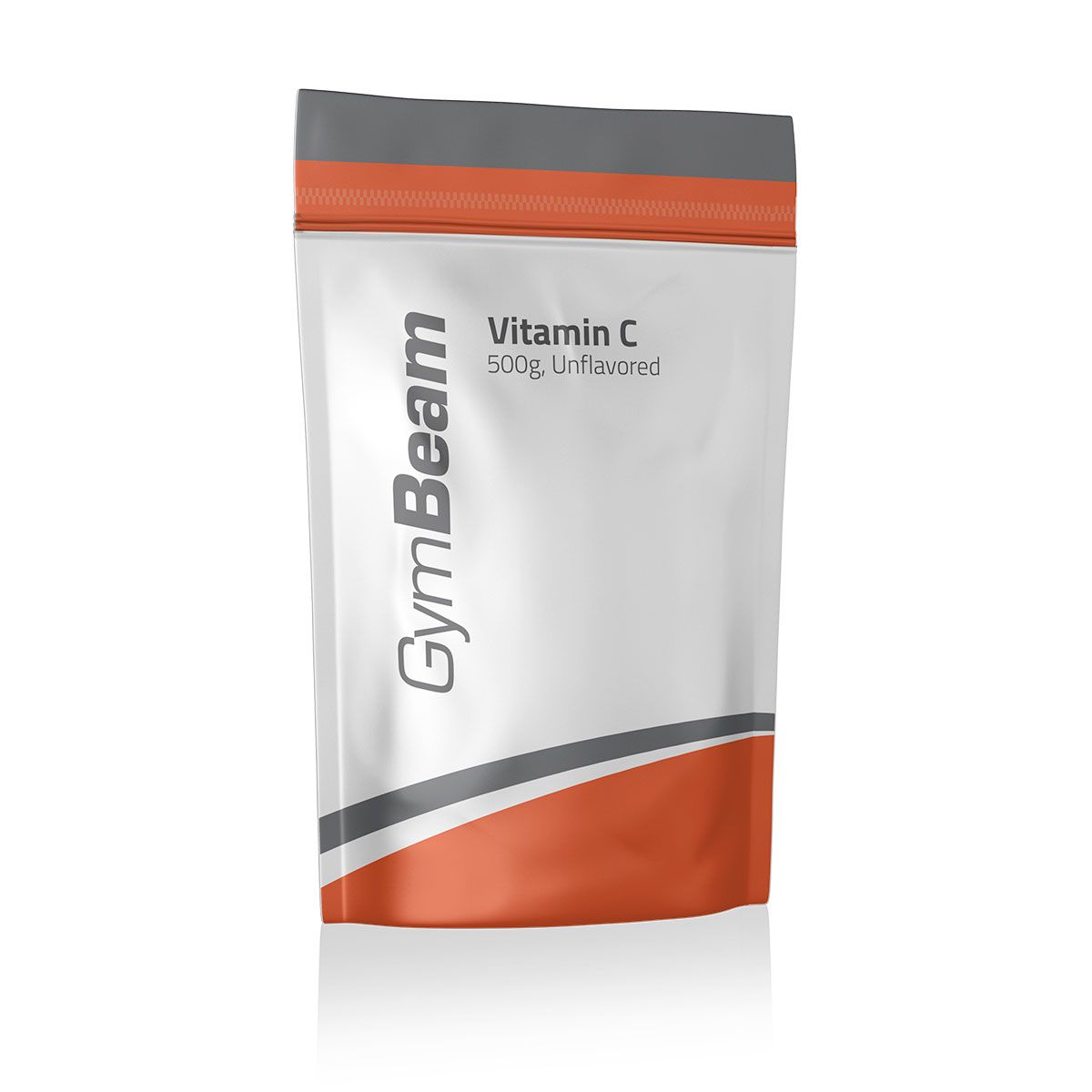





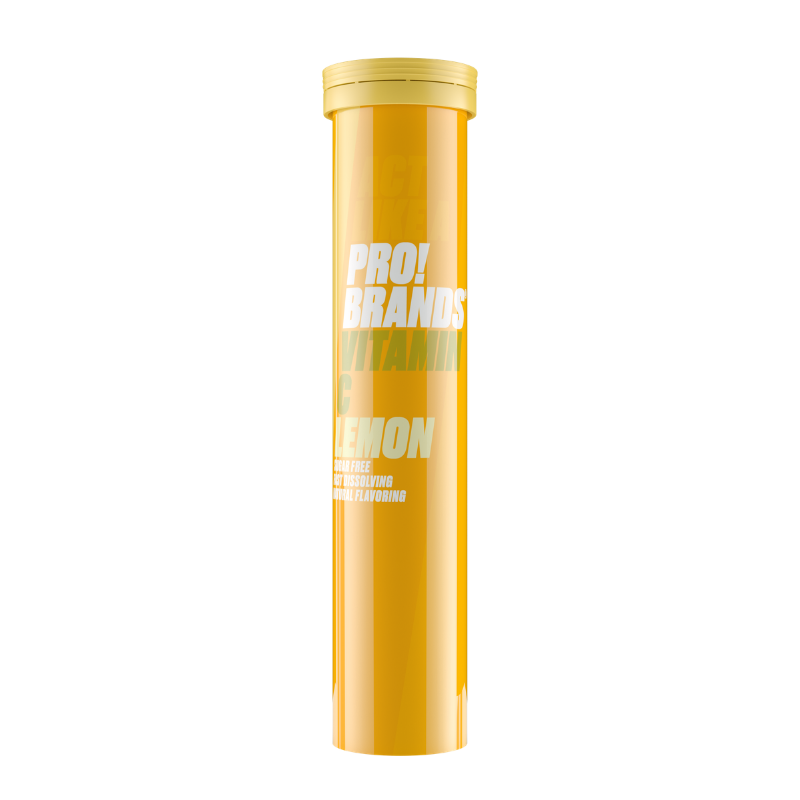


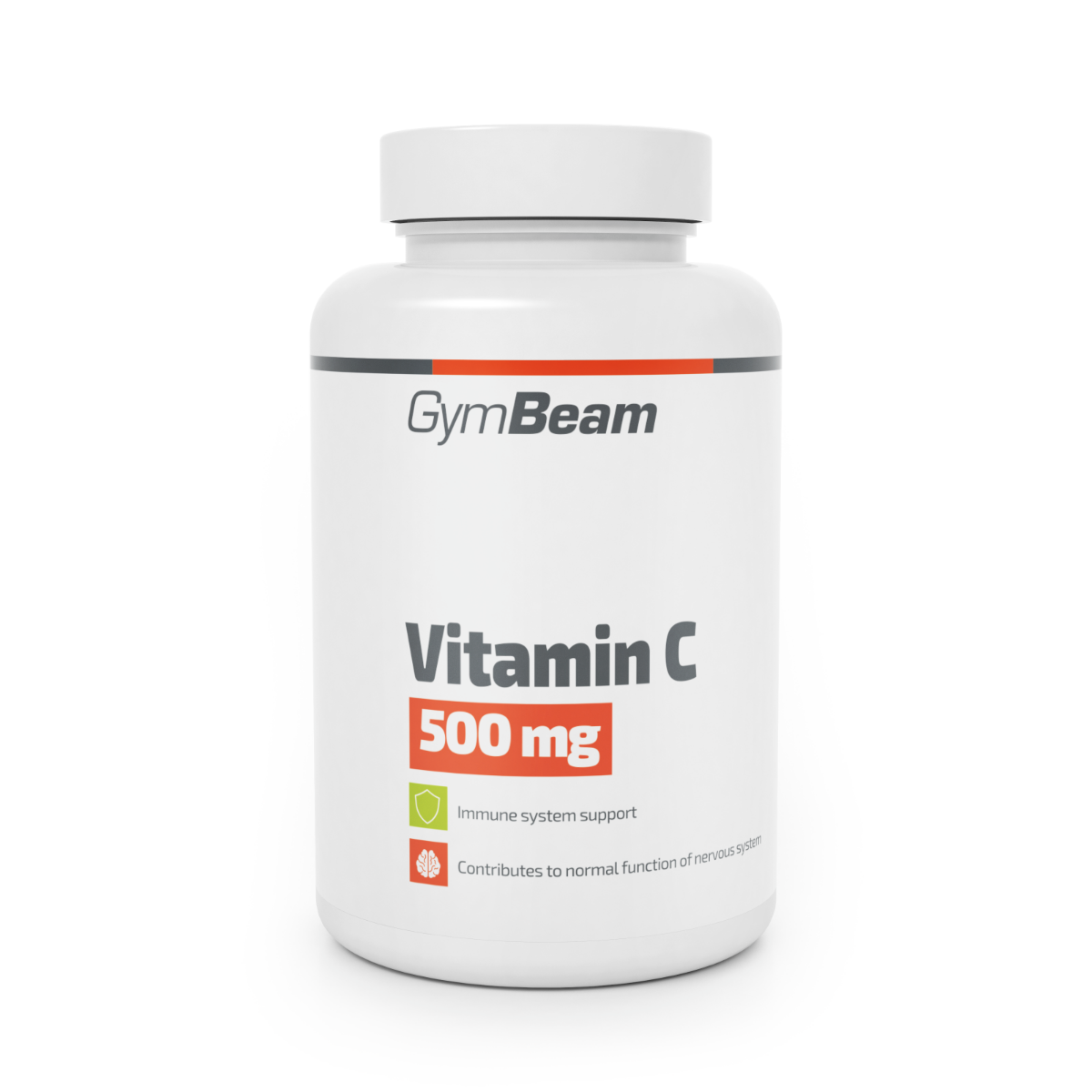


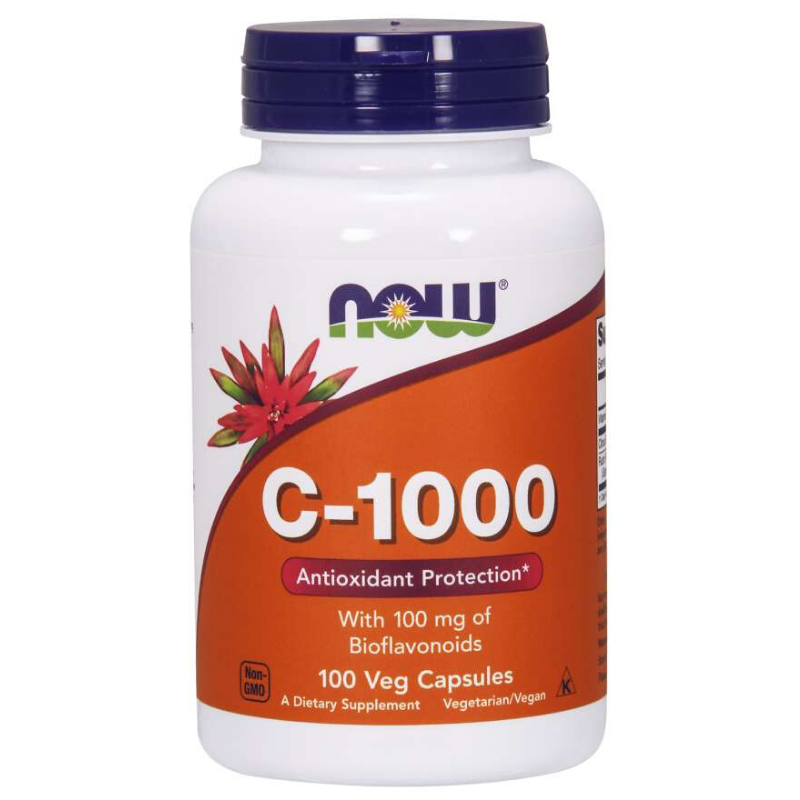








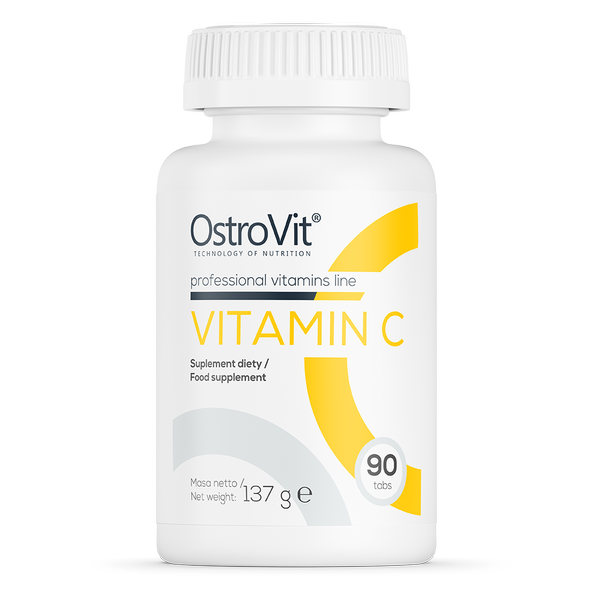


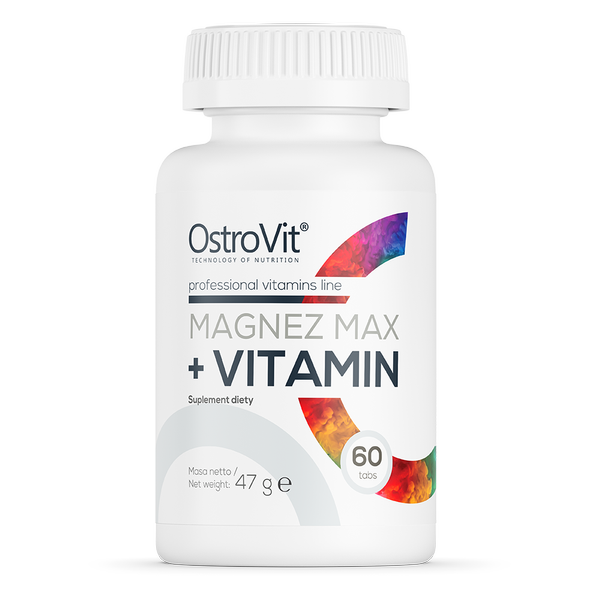





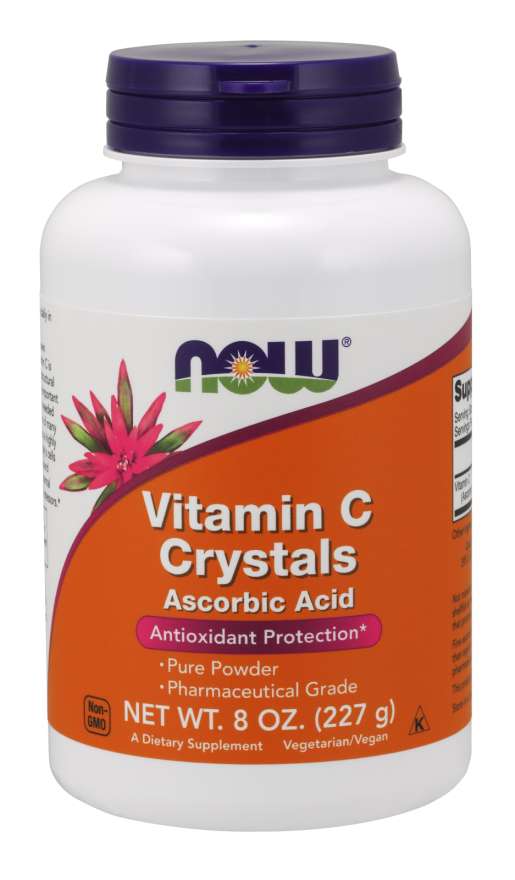





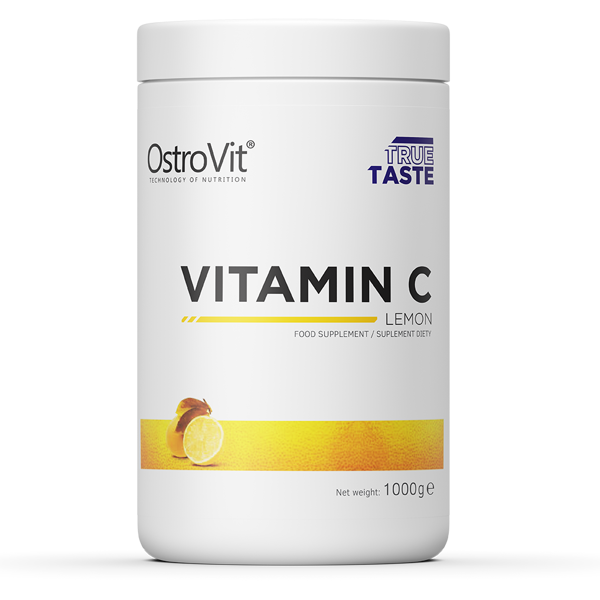


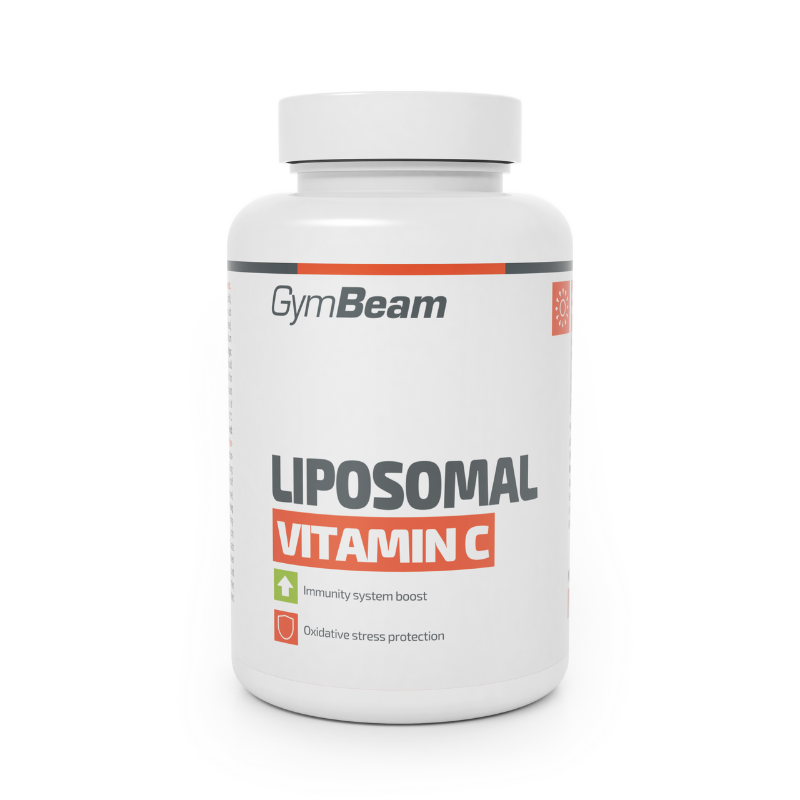


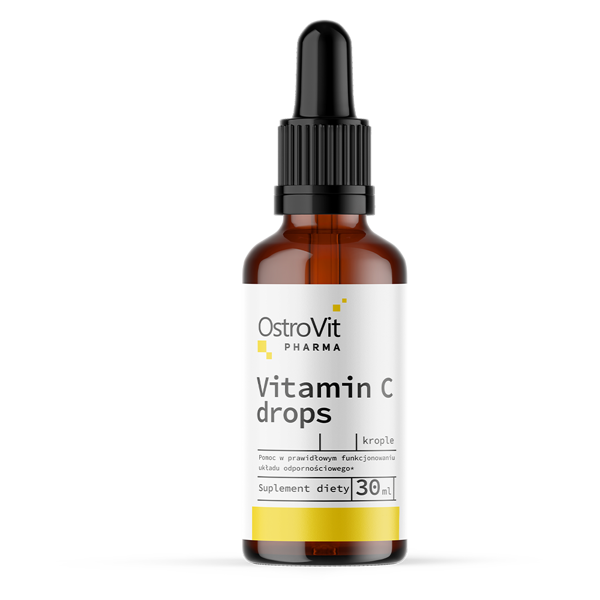





Items -29-17 out of 17